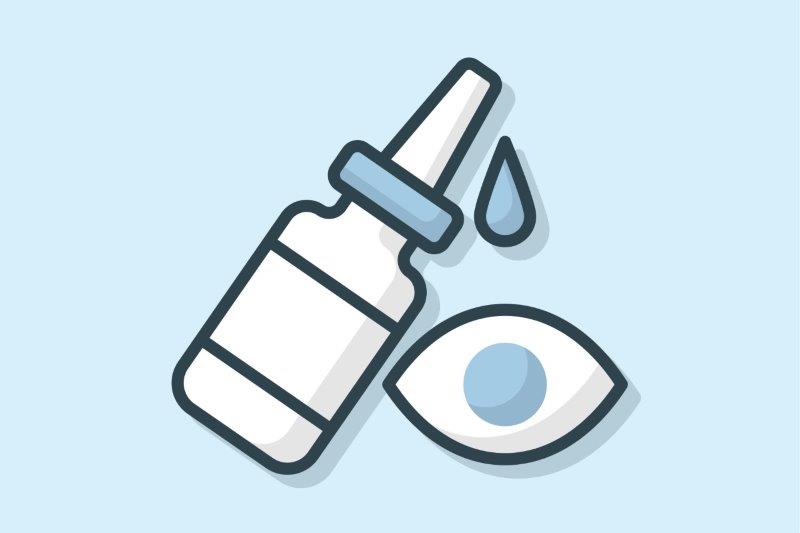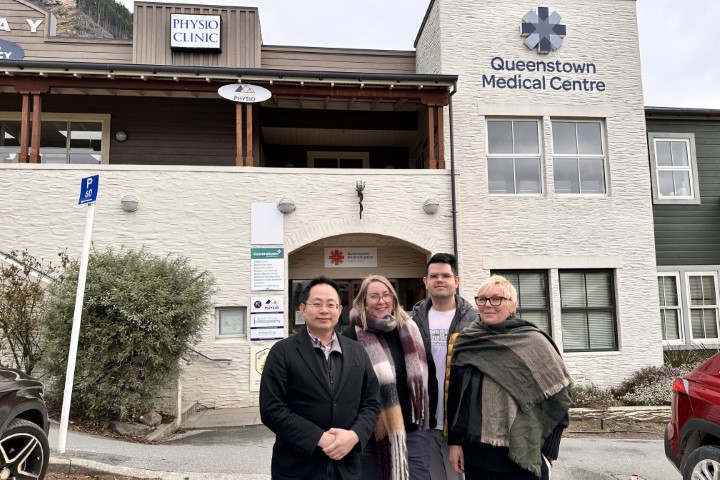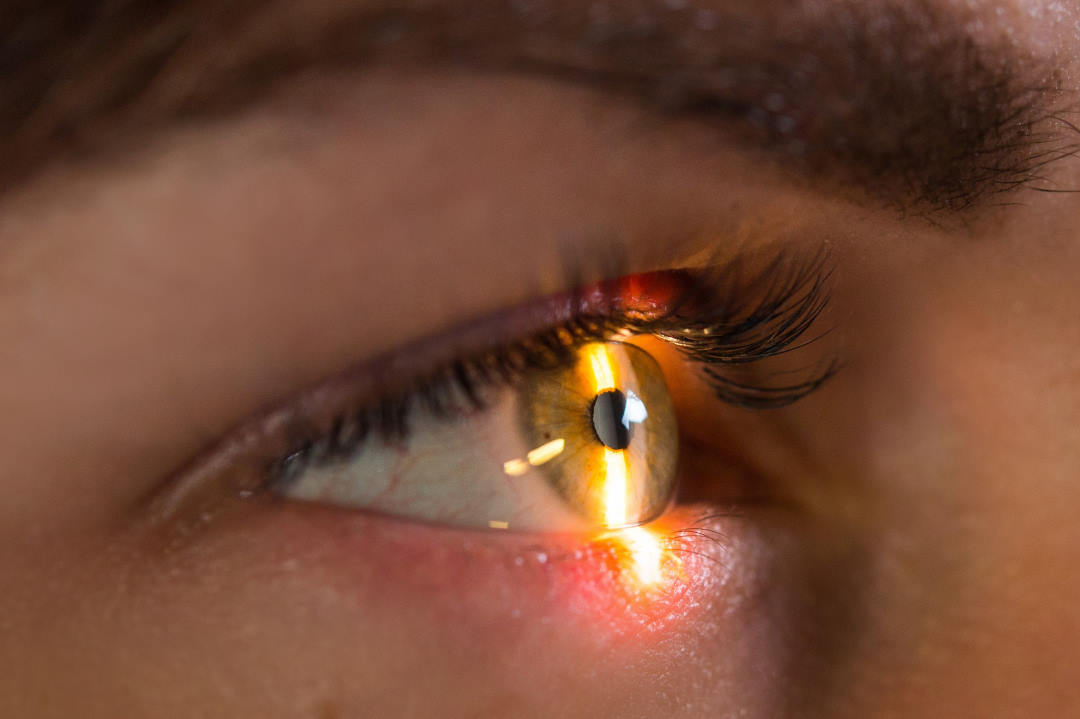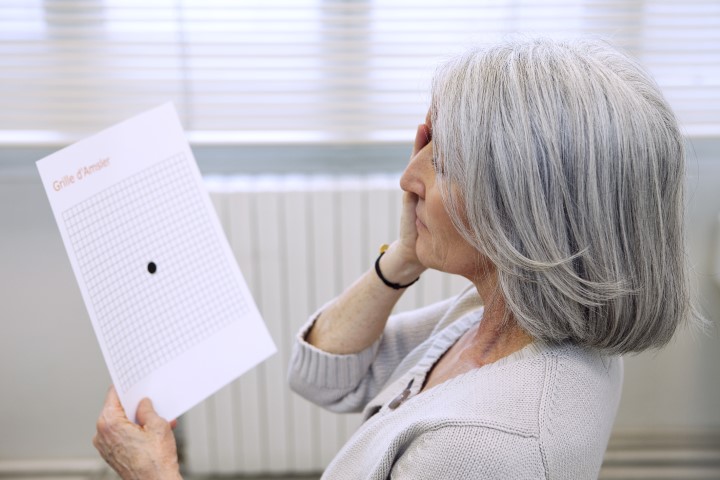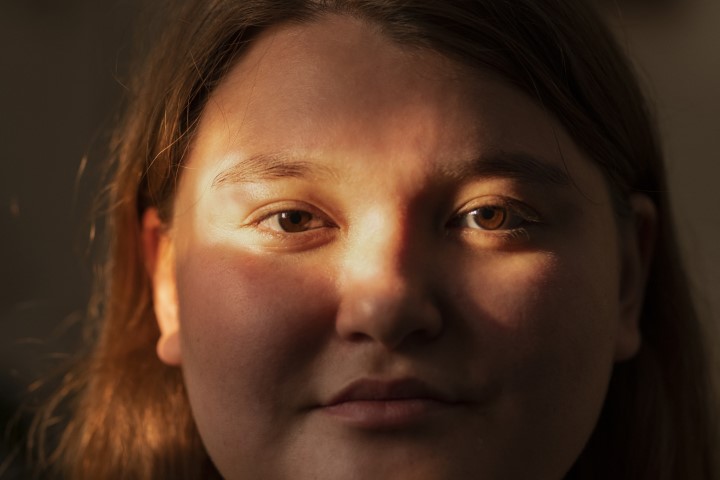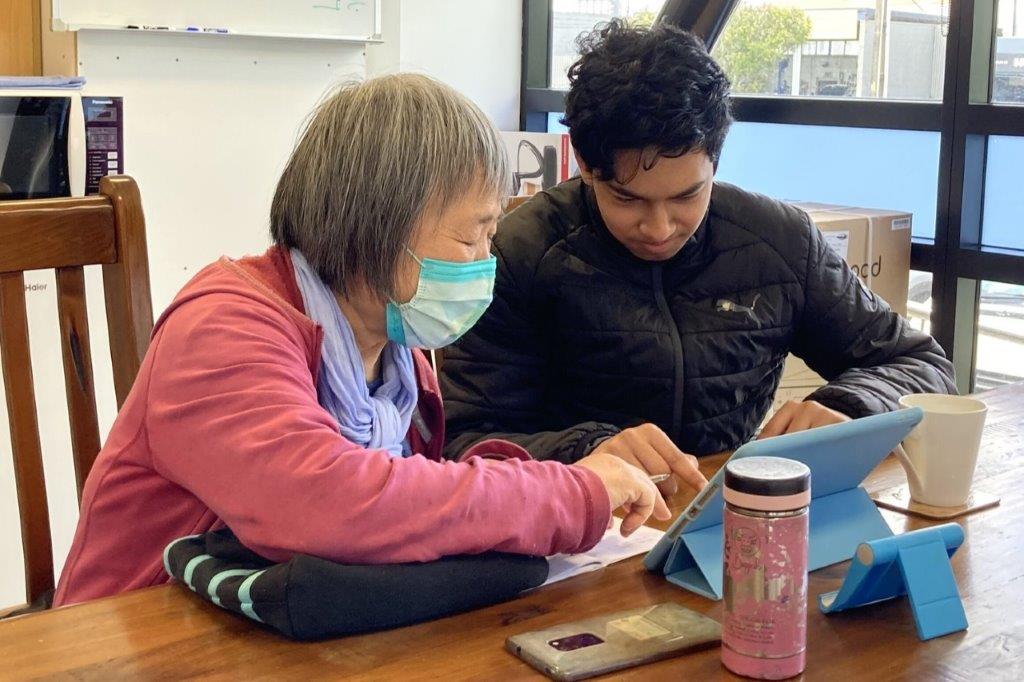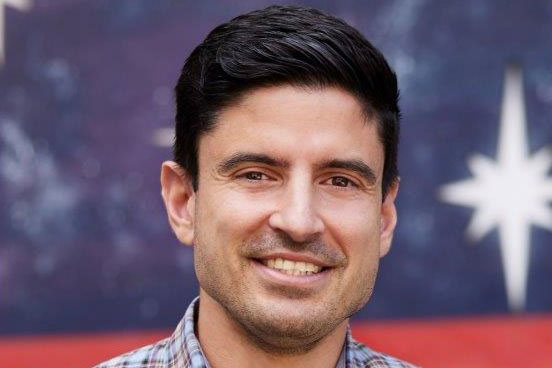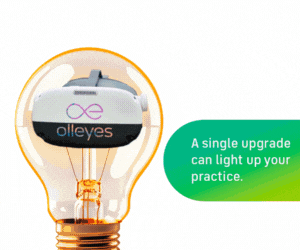Closing macular holes with drops
Medicated drops may help close small macular holes over a two- to eight-week period, allowing some people to avoid surgery, a new US study has found.
The findings, based on a retrospective multicentre case series published in Ophthalmology Retina, could lead to a better understanding of which patients may benefit from the treatment, as well as the timeline of the treatment's effectiveness, said senior author Dr Dimitra Skondra, an associate professor of ophthalmology at the University of Chicago Medicine.
The study reported that of the 14 patients treated with the drops, comprised of prednisolone or difluprenate, ketorolac or bromfenac and brinzolamide or dorzolamide, 12 patients’ macular holes closed over a two- to eight-week period, representing a two- to fourfold improvement compared with the spontaneous closure rates of macular holes. Reopening of macular holes occurred with two patients who discontinued use of the drops, but these were repaired by re-starting treatment.
The drops work by dehydrating the retina, which decreases tissue swelling and allows the holes’ edges to meet and close, explained Dr Skondra. “If the hole is much bigger than roughly 250 to 300μm, even the swelling going away isn't going to change the gap."
Between 4% and 11.5% of macular holes end up closing on their own, but for those that do not, the traditional treatment is a vitrectomy, requiring patients to remain face down for several days. Even then, a small percentage of holes do not close, while others may reopen later or the patient may develop complications, such as a cataract, retinal detachment, scar tissue or peripheral vision loss.
"Adding a nonsurgical approach to even a small subset of patients is refreshing not only to retina surgeons, but especially for patients with small macular holes,” said Professor Ronald Gentile, from Mount Sinai in New York who contributed to the study.











